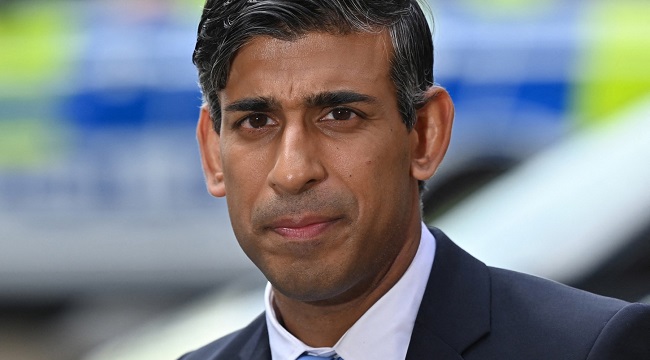The United Kingdom (UK) has unveiled a raft of measures Monday aimed at cracking down on record levels of migration — a key battleground in a general election expected next year.
The UK announced it would raise the minimum salary threshold for a skilled worker visa and prevent overseas health and social care staff from bringing family dependents to Britain.
Prime Minister Rishi Sunak’s office trumpeted the proposals as “the biggest clampdown on legal migration ever”.
But critics said it would damage the state-run National Health Service (NHS), which faces staff shortages.
Immigration is set to be a key issue in nationwide elections that must be held by January 2025 at the latest, and which the main opposition Labour party is currently favoured to win.
Sunak has pledged to reduce new arrivals and has been under pressure ever since statistics released last month showed that net migration to Britain hit a high in 2022.
The Office for National Statistics (ONS) said the number of people who arrived in Britain last year was 745,000 more than the number who left.
Interior minister James Cleverly said his plan would result in 300,000 fewer people coming to the UK in the coming years.
“Enough is enough,” the home secretary told parliament as he laid out his proposals, which will take effect early next year.
Cleverly said skilled foreign workers wanting a UK visa would have to earn £38,700 ($48,860), up from £26,200 and in line with the median full-time wage.
He exempted health and social care workers, but said they would be prevented from bringing family dependents.
NHS Providers, which represents hospital groups in England, said changes that might deter care workers from coming to the UK were “deeply concerning”.

